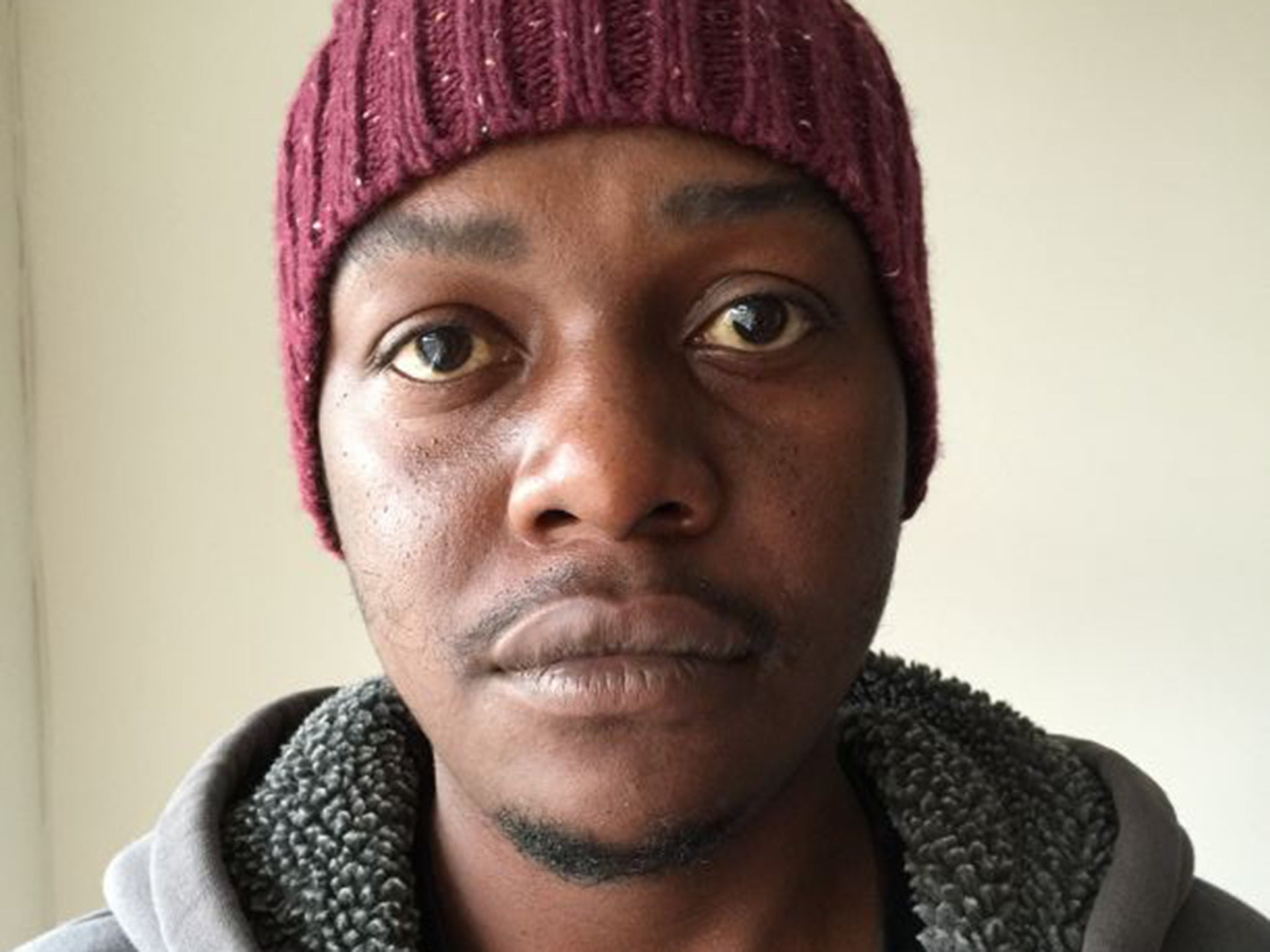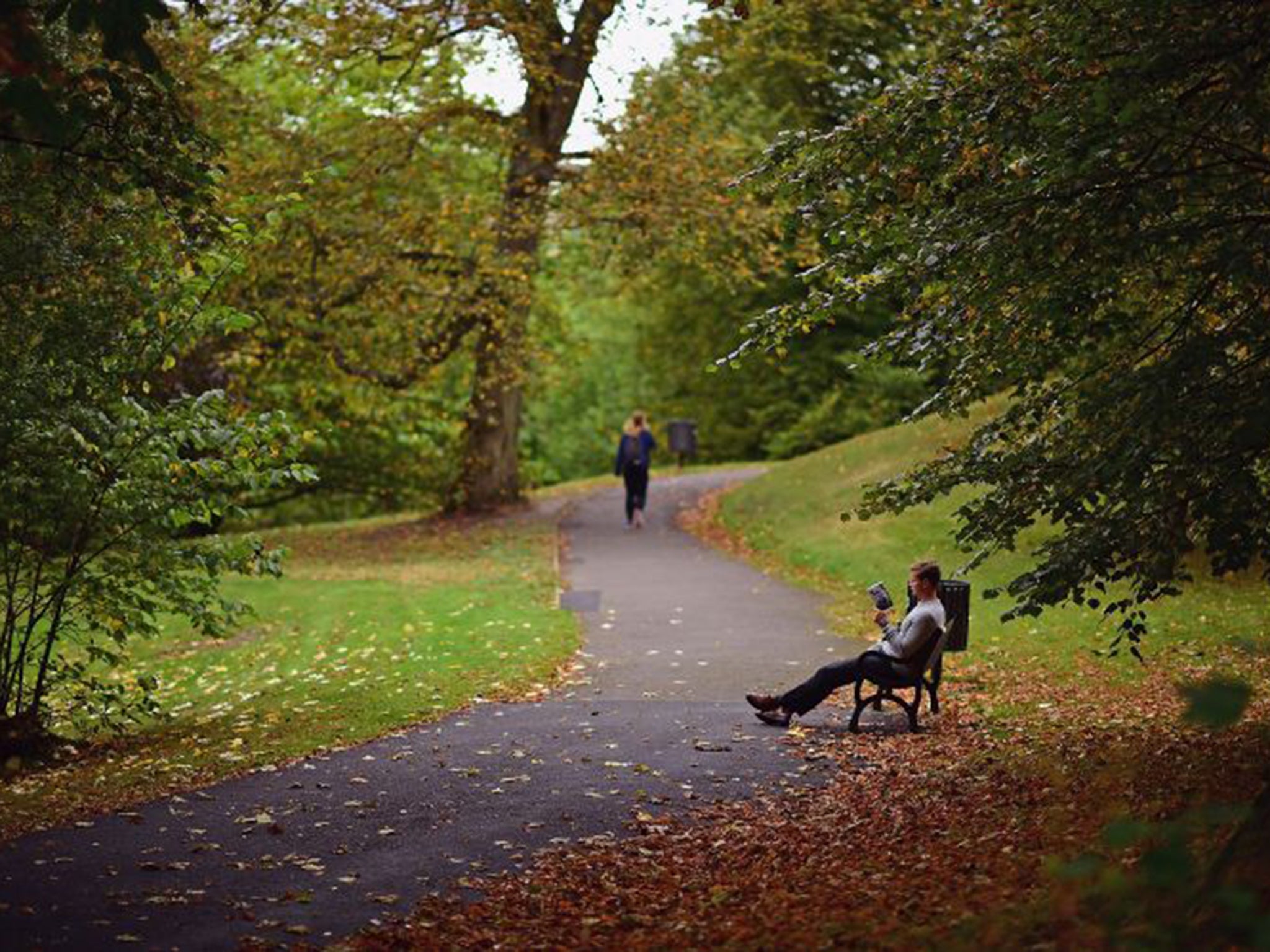The Real Stories of Migrant Britain: Clive fled from Zimbabwe - now it won't have him back
In the final extract from her book, 'Finding Home', Emily Dugan meets Clive, who arrived as a refugee from Zimbabwe seven years ago – and now just longs to go home

Your support helps us to tell the story
From reproductive rights to climate change to Big Tech, The Independent is on the ground when the story is developing. Whether it's investigating the financials of Elon Musk's pro-Trump PAC or producing our latest documentary, 'The A Word', which shines a light on the American women fighting for reproductive rights, we know how important it is to parse out the facts from the messaging.
At such a critical moment in US history, we need reporters on the ground. Your donation allows us to keep sending journalists to speak to both sides of the story.
The Independent is trusted by Americans across the entire political spectrum. And unlike many other quality news outlets, we choose not to lock Americans out of our reporting and analysis with paywalls. We believe quality journalism should be available to everyone, paid for by those who can afford it.
Your support makes all the difference.Clive has wanted to go home to Zimbabwe for more than four years now. It's a cold morning in Glasgow and Harare seems a long way away as he tries to stay warm beneath a clattering fan heater in a night shelter kitchen. This is at Anderston Kelvingrove church, the only reliable place for destitute male asylum seekers to sleep indoors in the city.
Now 31, Clive first came to Britain in January 2008. He says he grew up in Mufakose One in Harare, but has no way to prove it: he left the city in a hurry with no passport. Clive's father was an accountant. It was a comfortable life and Clive was sent to a good school. Then politics intervened. "My parents were [opposition party] MDC activists and so was I. Both my mother and father were beaten up," he says. "My father died a [natural] death but it had a lot to do with the political pressure. It was after the beating from [ruling party] Zanu-PF boys."
The money left in his father's will was enough to get out of Zimbabwe and Clive barely hesitated before handing most of it to smugglers. With no papers, they offered the quickest route out – to South Africa – and after that, he spent almost a month concealed on a cargo ship to France. At Calais, Clive and two others were hidden in a truck. The lorry drove on to the Dover ferry, and then on to London.
Clive had £600 in his pocket and nowhere to go. He was afraid to try a hotel or hostel without ID, so on his first night he slept in a church with some guys from Ukraine. Within a week, it began to snow and he was spending most of his time with them, hoping they might help him find shelter. Squatting with them in a church, he was shocked by how many did drugs and, after two months, decided to flee.
"I felt if I was to survive I'd end up like the people I was around," he says. "I didn't want to end up like that."
After living in Leicester for a year, Clive decided to claim asylum. He wanted to set down roots and start working. While the Home Office considered his case, he was given accommodation, but within a couple of months his application was rejected. With no papers, officials refused to believe he was Zimbabwean.
The Home Office told him he had to go back. "I said: 'How can I when I don't have a passport? I came in illegally. Can you get me out'?" The Home Office seemed puzzled. A month later, they told him he must apply to the Zimbabwean embassy for a passport – which seemed ironic when they had previously said they didn't believe he was Zimbabwean.
Returning home was a drastic measure – particularly because intimidation of anti-government activists continued – but anything was preferable to the indignity of being denied a job, a home, a life. Clive applied to the International Organisation for Migration, which helps people to return home. They paid him a grant of £2,500 to go back, but when he went to the Zimbabwean embassy to apply for a passport, he was refused. They weren't interested in helping someone who had tried and failed to get political asylum from their country.
In late 2009, Clive's accommodation and financial support were stopped, so he decided to try Scotland where, he had heard, he was more likely to find a lawyer who would work for free. In Glasgow, he applied three times to be sent home but was thwarted by the embassy. On his last attempt, in 2012, he was given housing while awaiting an outcome. But when that failed, he was out on the streets again.
Time almost stops when it's cold outside and you have 12 hours to kill and a finite number of warm places to do it. Clive can't return to the shelter until 8pm. Until then, he browses the web in the library, watching the seconds of his hour-long internet pass count down until it's time to beg for another one. (At busy times, this is flatly refused.)
"I hate Sundays," he says. "The library shuts and there's nowhere to go. Every day I think of all the time I'm wasting. I would love to settle down, but how can I do it? How can I have a family when I'm on the street? I've thought of killing myself so often, and I've tried three times now. I'm on antidepressants and all I want is to sleep. Every day, 365 days a year, I do this. I just walk around."
Clive goes to the Marie Centre – a Catholic charity that serves up free showers and meals – almost every day. "A lot of people expect me to look dirty because I'm homeless, but I don't see it that way." He is clean shaven when we meet (in the winter months), dressed in fresh cords, a thick jumper and a body warmer, topped off with a red beanie hat. The clothes were all donated to the shelter and he takes pride in keeping them in good condition.

Back in the cold, he keeps walking, looking in shop windows and smoking half-cigarettes down to the nub. He gets ill often, he says: colds, toothaches, headaches, fever. And most of all, depression. There is a GP for homeless people on Hunter Street who sees him regularly.
Clive's only income is from a charity called Positive Action in Housing (PAH), which gives him – and many other destitute migrants – £15 a fortnight. And bodies like this are increasingly relied on for all aspects of migrants' cases. PAH is still trying to help Clive resolve his case, but in the meantime, he has found his own informal housing arrangement for the coldest days. He visits a new friend, a fellow Zimbabwean whose asylum case is still undecided, meaning he is provided with accommodation.
"Victor is a year older than me and he says I'm his only friend. I like to visit in the afternoon and watch television with him," says Clive. On the worst wintry days, he walks straight from the shelter to Victor's house, hoping he can spend the day inside. Sometimes, he daydreams about careers. He was good at English and maths at school and aspired to be an engineer or something in IT.
It's now early 2015 and nothing has changed. Clive is waiting, hoping an opportunity to create a real home – in either country – will present itself. The Home Office is looking at his case again, but previous form suggests little will change. If Clive can hang on another 13 years , there's a small chance he could persuade a judge to grant a right to remain – those living in Britain for 20 years or more without resolution are sometimes given clemency – but it would mean spending his best working years in limbo.
Clive's attempt to put the last six years of his life into words is simple. "I came in the hope of a better life than I had, but I've got this."
'Finding Home: The Real Stories of Migrant Britain' by Emily Dugan (Icon Books, £12.99)
The Lifeline Service offers shelter, crisis grants, food and advice to destitute refugees. Based in Glasgow, it also provides crisis grants to refugees across the UK. Refused refugees have no right to housing, jobs or state support. To donate, visit bit.ly/1T8njCh
Join our commenting forum
Join thought-provoking conversations, follow other Independent readers and see their replies
Comments